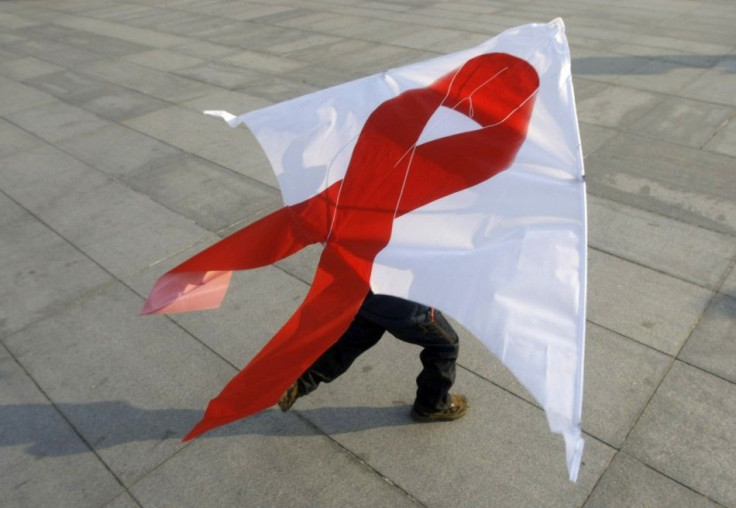World AIDS Day 2012: China's Patients Fight Disease And Discrimination

HIV rates in China have significantly risen, garnering attention from Vice President-elect Li Keqiang. Moreover, as an increasing amount of discrimination cases against HIV-positive citizens have surfaced, government support for organizations devoted to combatting HIV/AIDS and fighting against discrimination is critical.
Patterns show that age is not a factor in China's HIV-infected population. Reports released earlier this week reveal new HIV-positive cases in both the young and the elderly. The Ministry of Health reported that HIV cases in people over 50 have increased by 20.2 percent, and cases among people ages 15 to 24 is up by 12.8 percent since last year.
The Ministry of Health also announced that AIDS-related deaths so far this year have increased by 8.6 percent.
The stigma of the HIV/AIDS disease is still prevalent in most of China. Many HIV/AIDS patients are discriminated against when finding employment, barred from government jobs and even being withdrawn from schools.
China has made progress in recognizing the growing HIV/AIDS problem, with improved hospital care for patients -- to a certain degree.
The Associated Press spoke to a man named Wang Pinghe, from the central Chinese province of Henan. Wang has a liver tumor that he has been trying to get removed but has been rejected from every hospital in his county. In an act of desperation, Wang traveled to Beijing and spoke to foreign media in hopes of getting the attention of central government and getting his surgery.
The reservations from hospitals come from fears that performing survey on an HIV-infected patient could expose the hospital to the virus and could affect the hospital's image among other patients.
Some HIV-infected patients have become desperate, resorting to creating fraudulent (or omitting details from their) medical histories in an attempt to be approved by hospitals for surgery.
A man named Xiaofeng suffered from lung cancer and, like Wang, was refused from hospitals because he had HIV. After being rejected by two hospitals, Xiaofeng changed his medical records, hiding his HIV status. His story was met by criticism from all sides -- hospitals that refused him were under fire, and angry hospital staff who could have been exposed to the virus were also angered.
The China Daily reports that there are currently about 1,000 groups in China dedicated to combatting HIV/AIDS. Vice President-elect Li has focused his attention on the AIDS fight by urging government agencies and health authorities to promote the expansion of free or insured antiviral therapy for patients and focusing on preventative measures such as improved screenings.
Li's focus on the HIV issue in China likely began when he was governor of Henan province, where Wang Pinghe is from. His leadership was tested when a national HIV crises was traced back to the distribution of contaminated blood and unsanitary practices in Henan under his governance.
As China's growing HIV population battles it's disease, UNAIDS hopes to use China's new Internet mouthpiece to help battle the stigma that still lingers.
China's UNAIDS office, based in Beijing, is using Weibo, China's version of Twitter, to weaken the HIV/AIDS stigma. The organization is calling on local and foreign media, Chinese netizens and social media bloggers to help them with a Web campaign to bring attention to World AIDS Day.
"We are encouraging Weibo users to call for an end to HIV-related employment discrimination by posting anti-discrimination messages through their Weibo accounts," Guy Taylor, a program associate with UNAIDS China, announced to the press.
The power of China's social media has proven to be far reaching, but awareness is not enough. The needs for sanctioned, safe medical procedures for non-AIDS-related problems in those infected also needs to be met. The support from China's public coupled with government attention and backing has the potential to help people -- like Wang -- who are in need of medical attention receive appropriate care without compromising the safety of others.
© Copyright IBTimes 2024. All rights reserved.






















